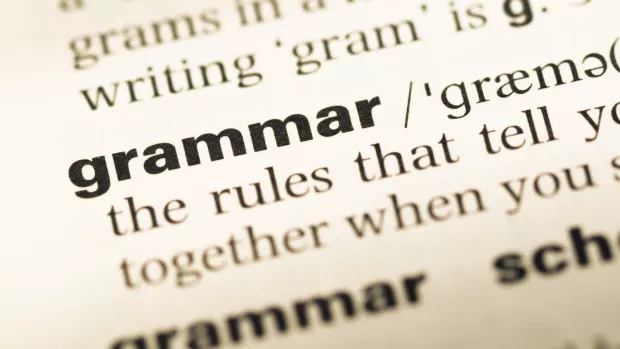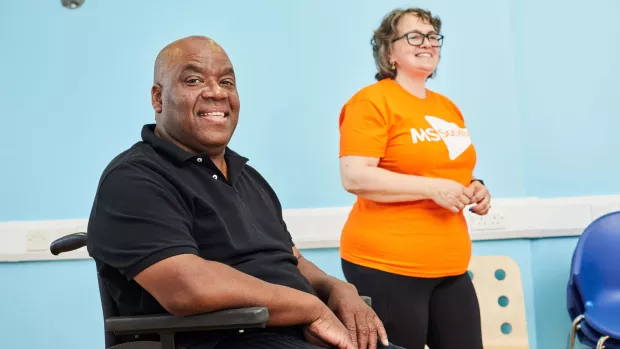
Numbers, dates, times and places
How to write numbers, dates, times and places for consistency and clarity.
Numbers
- In body print we usually write one to nine as words, though this isn’t a fast rule
- We do use numerals in headings, for example: 10 facts about MS
- We write numbers from 10 onwards as figures, even when there’s a mix in the sentence. For example: One person abstained, but 11 voted. But we use only figures if the numbers will be compared or they’re statistics. For example: 7 in every 10 people who took the drug saw improvements. Less than 1 in every 10 reported side effects.
- If you need to start a sentence with a number, spell it out. For example: Eleven people voted. If the number will be compared with another, try to reword the sentence so you can use figures.
- Spell out million and billion, for example £2 million
- Use commas for 1,000 and over
- Write fractions in words: a third, not 1/3
- % not percent or per cent. But we avoid percentages when we can. Instead, use a number people can visualise. And if exact numbers are important, add them in brackets afterwards. For example: Almost half of the people in the study said their fatigue improved (48% of them). Or about 6 in every ten people said their pain improved (63% of them).
- When you describe risk, follow the ideas in the NICE guideline on shared decision making (2021), especially the section on ‘Discussing numerical information’.
- Statistics in general are easy to get wrong - for readers and for writers. The Evidence Team or Research Communications Team can often help to check them.
Telephone numbers
- We don’t use brackets: 020 7775 2526 not (020) 7765 2526
- We write London numbers as 020 8438 0700 not 0208 438 0700
- We write the standard dialling code (STD) in one block: 01222
- We format mobile numbers like this: 07777 111 111
Money
- We spell out million and billion and don’t abbreviate with ‘m’ or ‘k’. For example:
- £1 to £999,999
- £1 million
- £1 billion
- If a number needs to be precise, we write it out in full, using commas and full stops: £1,678,999.56
Dates
- We write dates like this, without commas: Thursday 28 September 2009
- We don’t use the letters –st, -nd, -rd or -th as they crowd the number and make it harder to read at a glance
- We only add the year if something is very far in the future or the past
- We write date ranges Monday to Friday and time ranges 10am-3pm
Times
- Do use 2am, 2pm, 2.30am, 2.30pm
- Don’t use the 24-hour clock (14:00 for 2pm) or use full stops to write am or pm (am and pm, not AM or p.m.)
- Don’t leave a space between the number and am or pm
- Do write Monday to Friday, but 10am-3pm
UK geography
When we’re talking about England, Scotland, Wales and Northern Ireland, we say nations, not countries or regions. We always check if our information applies consistently to all 4 nations.
Government regions and compass points
When we talk about an official government region, we use capital letters. So: North East England.
We don’t capitalise points of the compass unless they are part of a name. So: north of England, North East England.



